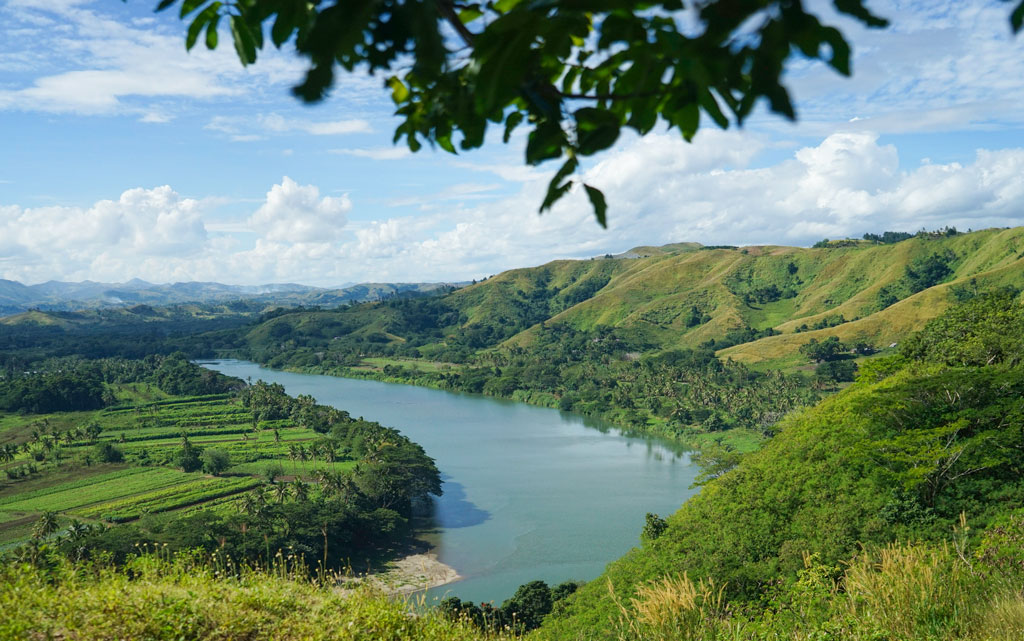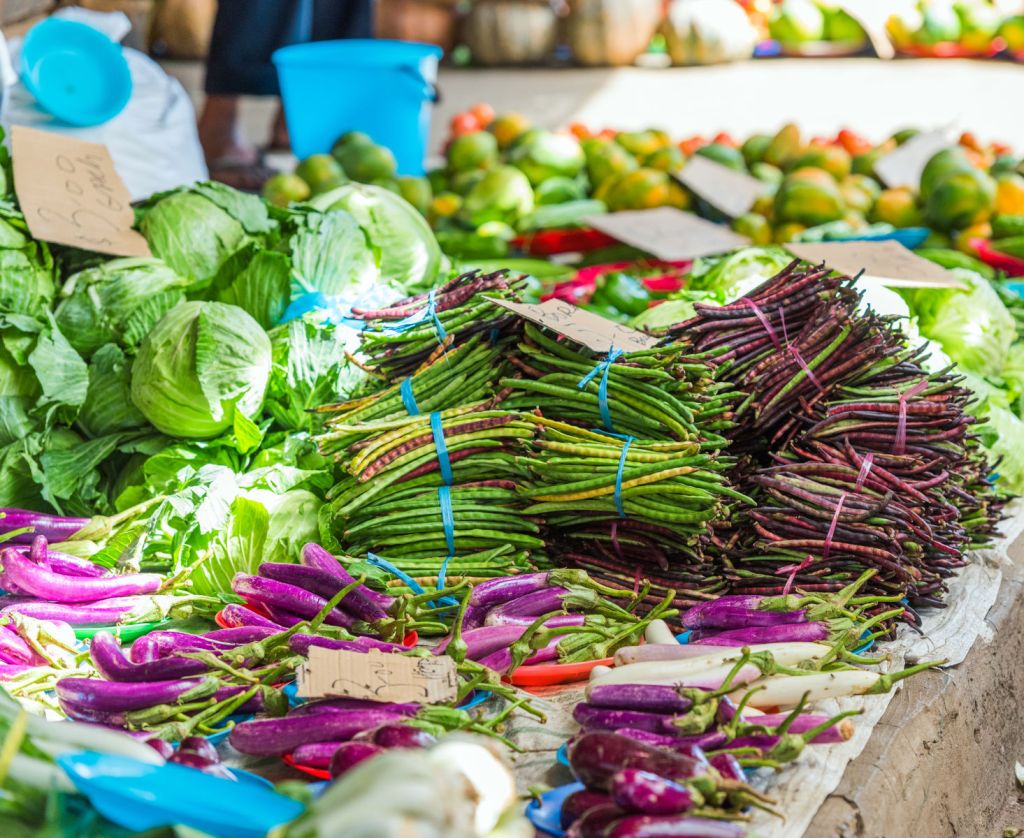New Zealand will invest NZ $15.3 million (approximately USD $9.3 million) in building up the resilience of Pacific food systems in the face of climate change.
The announcement was made on 5 June in Fiji by New Zealand Prime Minister Christopher Luxon. The funding will be implemented by New Zealand’s Plant & Food Research in the form of a four-year programme across five Pacific Island nations – Fiji, Papua New Guinea, Solomon Islands, Samoa, and Tonga.
Plant & Food Research is a New Zealand Crown Research Institute (CRI) focused on enhancing the value and productivity of New Zealand’s horticultural, arable, seafood, and food & beverage industries.

In Fiji, the programme will focus on the Sigatoka Valley – often described as Fiji’s ‘salad bowl’ and one of the most productive agricultural regions in the country – where it will prioritise climate-resilient farming practices and identify potential innovations for wider application. This will include developing climate-smart technologies, improving soil health, reducing land degradation, and minimising post-harvest losses.
In Papua New Guinea, the programme will focus on staple crops and the fresh produce sector in the Western and Eastern Highlands. Plant & Food Research will also provide technical expertise to World Vision’s climate finance programme in Bougainville, supporting efforts to improve community livelihoods.
In the Solomon Islands, Plant & Food Research will support existing community development agriculture initiatives as well as collaborate with government researchers and extension staff to build capacity in the agriculture sector.
In Tonga, the programme will work with local partners to pilot and scale up climate-resilient practices, engaging both commercial and semi-commercial farmers.
The programme in Samoa, meanwhile, will adopt a community-led approach, collaborating with the Scientific Research Organisation of Samoa to identify climate risks and adaptation options through small-scale pilot projects.

“Wherever we do work like this, our goal is to create long-lasting positive impact from world-leading science and good development practice,” said Plant & Food Research CEO Mark Piper. “This exciting Pacific programme will be informed by close consultation with local groups and delivered through deep partnerships. Our team cannot wait to get started.”
Plant & Food Research said the new Pacific programme aligns closely with the organisation’s mission to enhance the value and sustainability of food systems as well as reflects New Zealand’s broader strategic commitment to support climate adaptation and resilience in the Pacific.
The World Health Organisation (WHO) has identified Pacific countries and areas (PICs) as among the most vulnerable in the world to climate change. The organisation has estimated that between 2030 and 2050, around 250,000 extra deaths will occur annually as a result of climate change impacts on areas including nutrition, malaria, diarrhoeal diseases and heat stress.
To stay up-to-date on the latest industry headlines, sign up to Future Alternative’s enewsletter.
Posted on:


